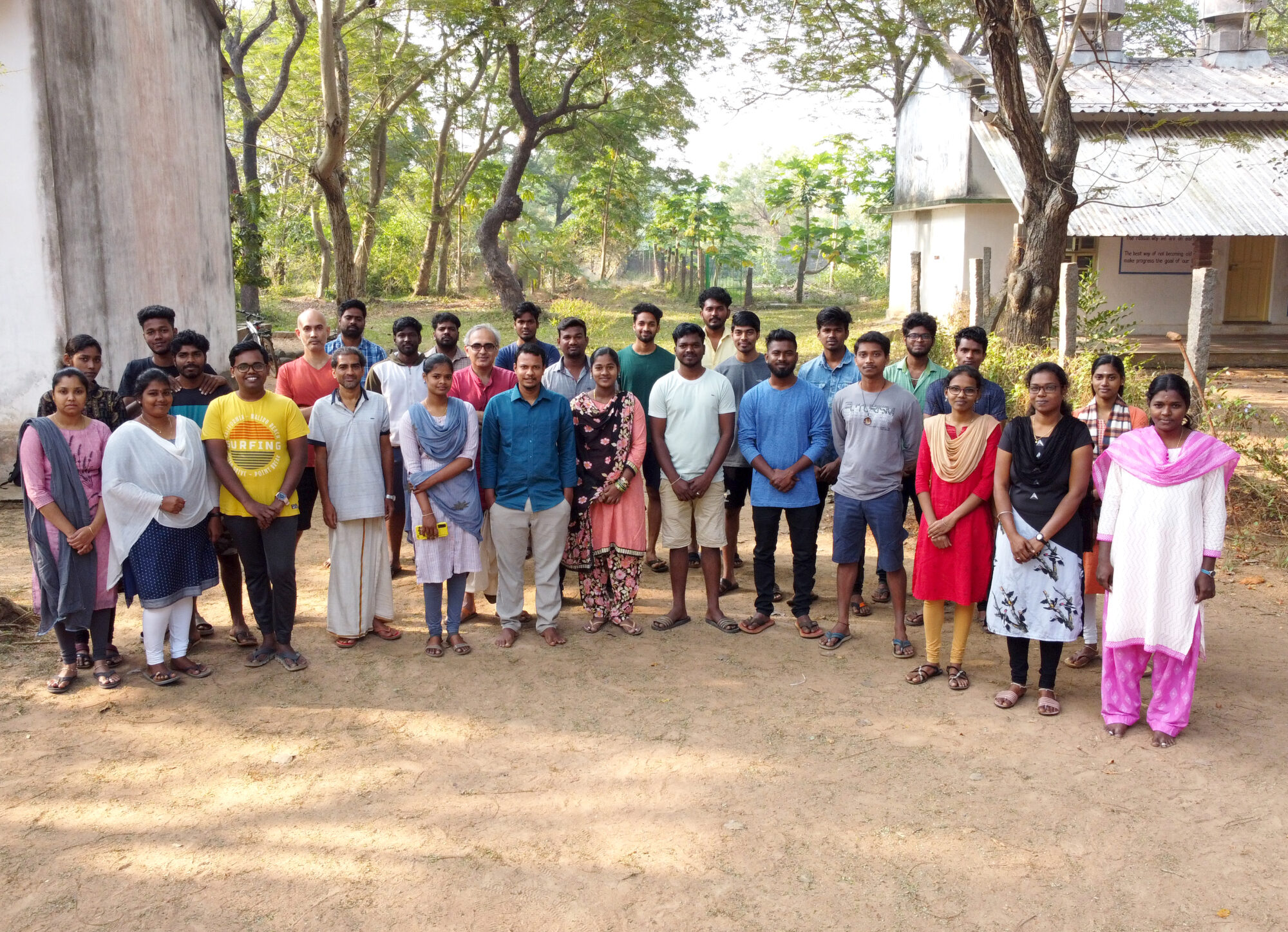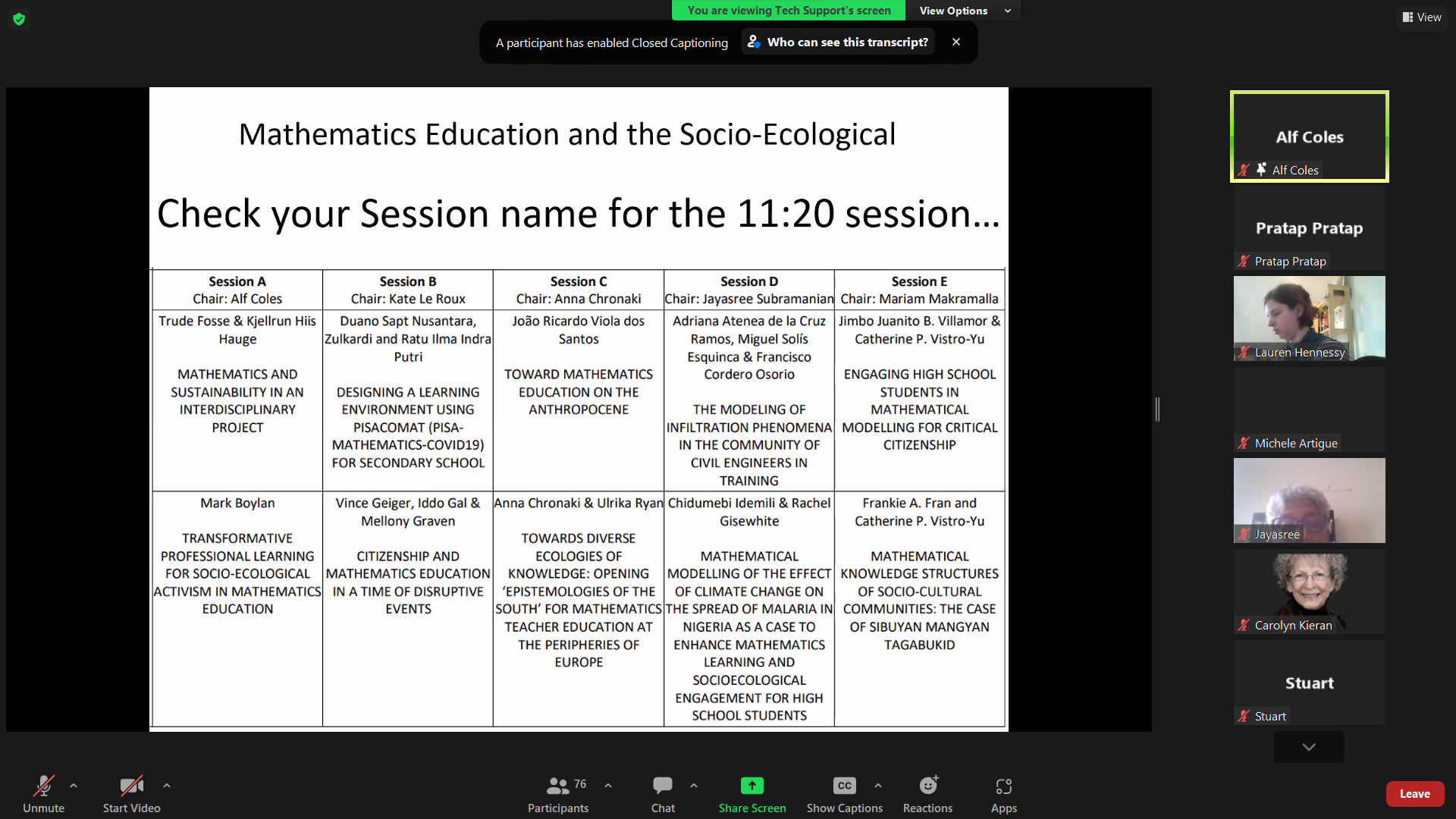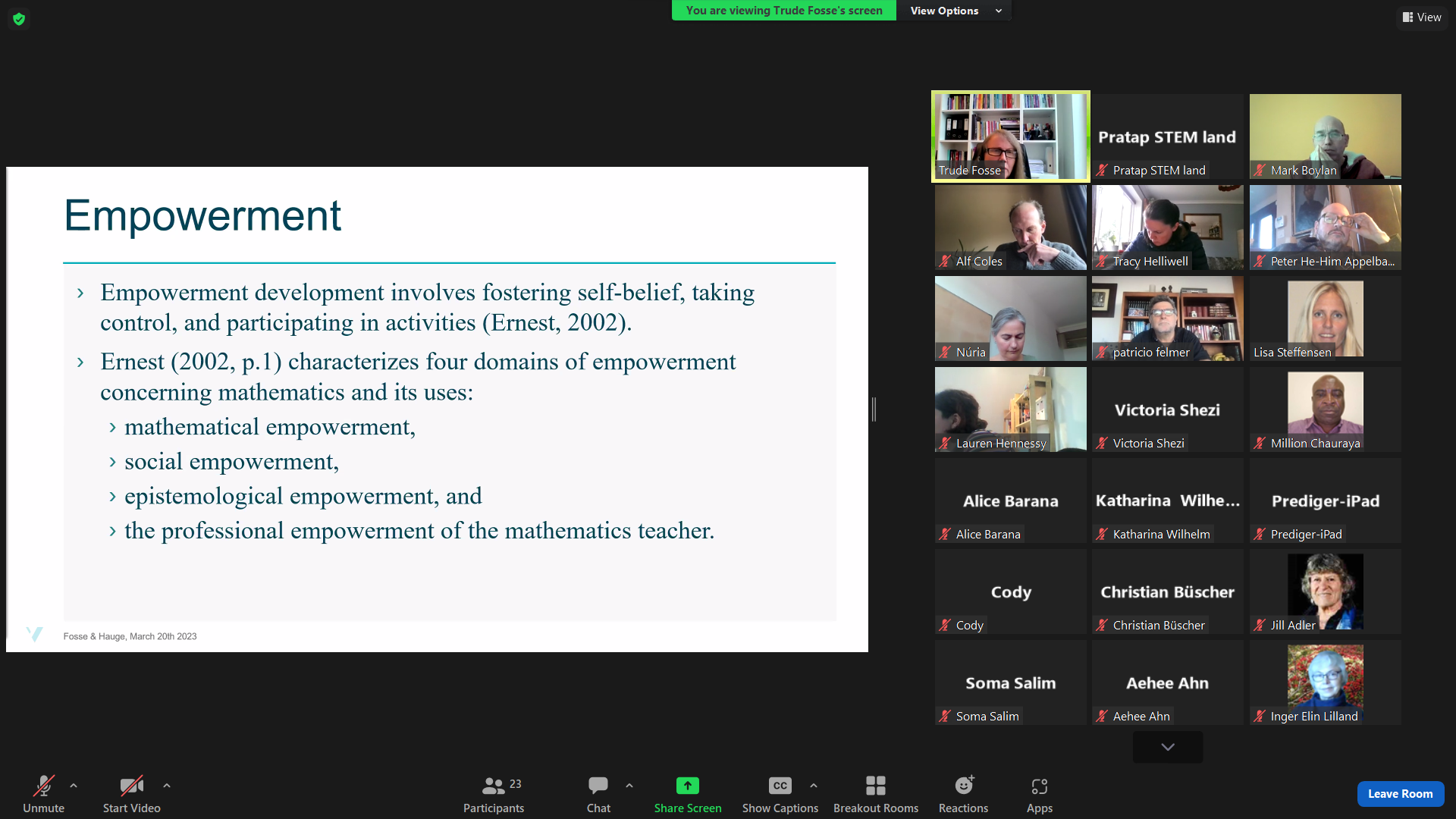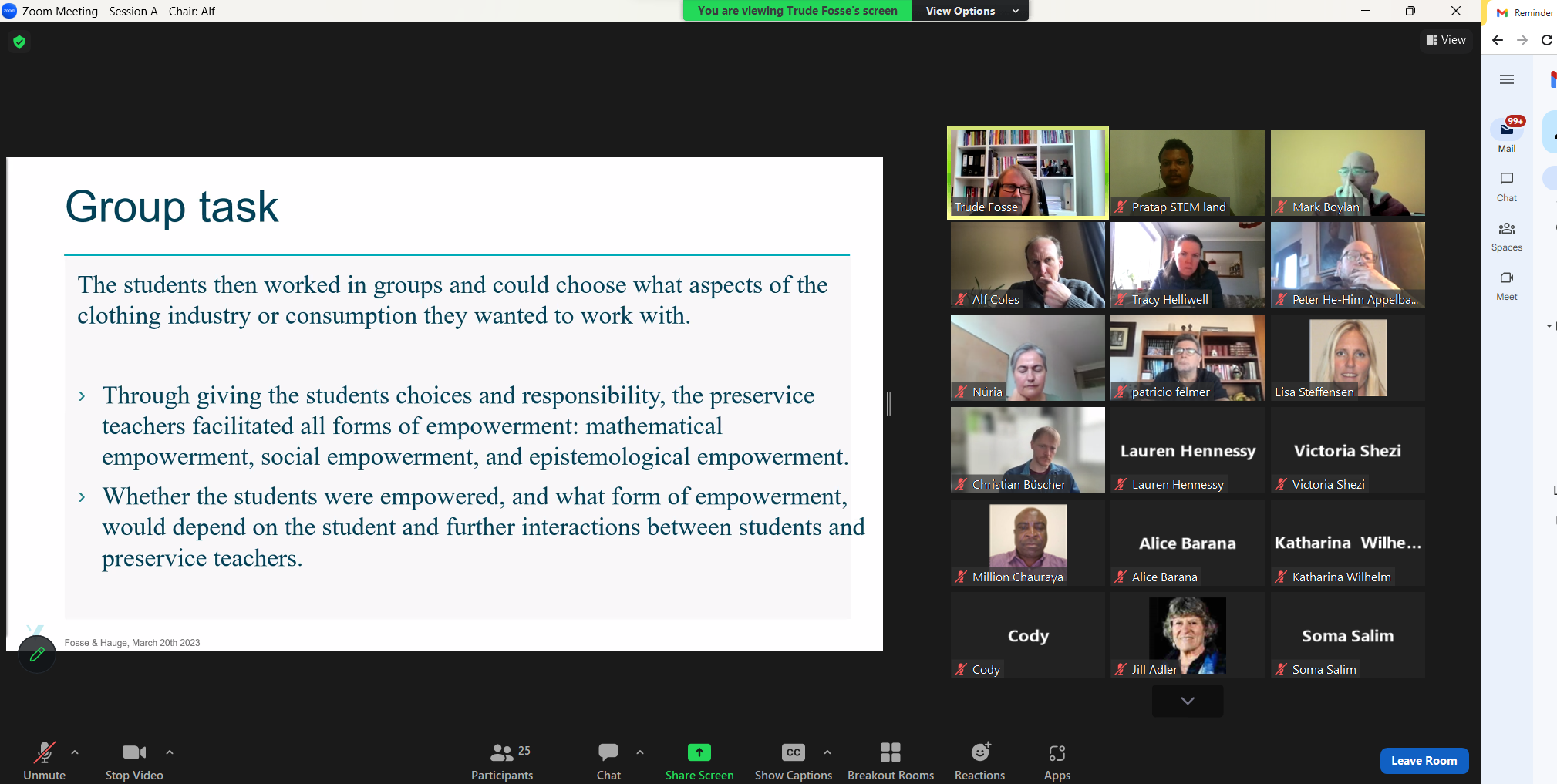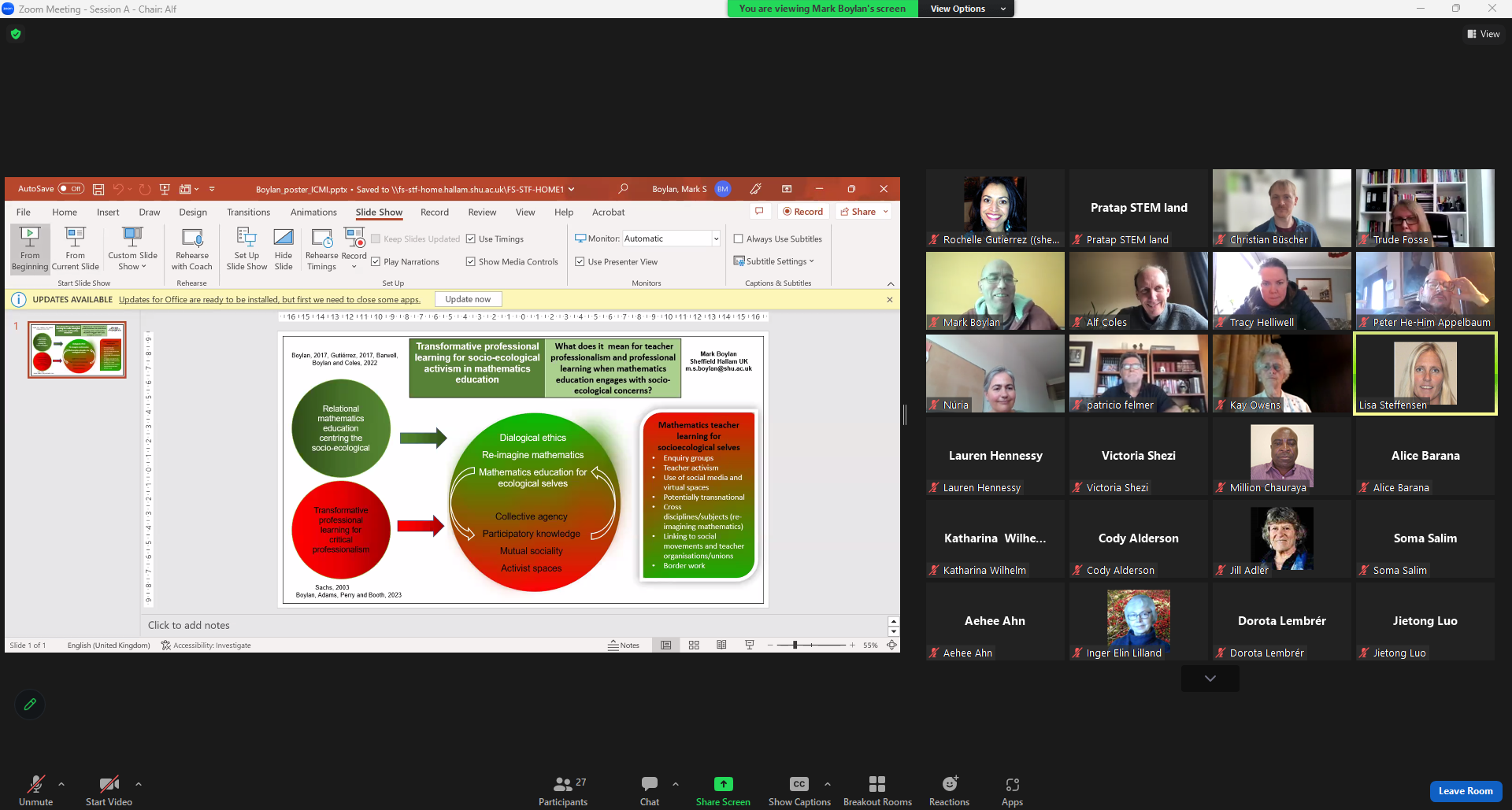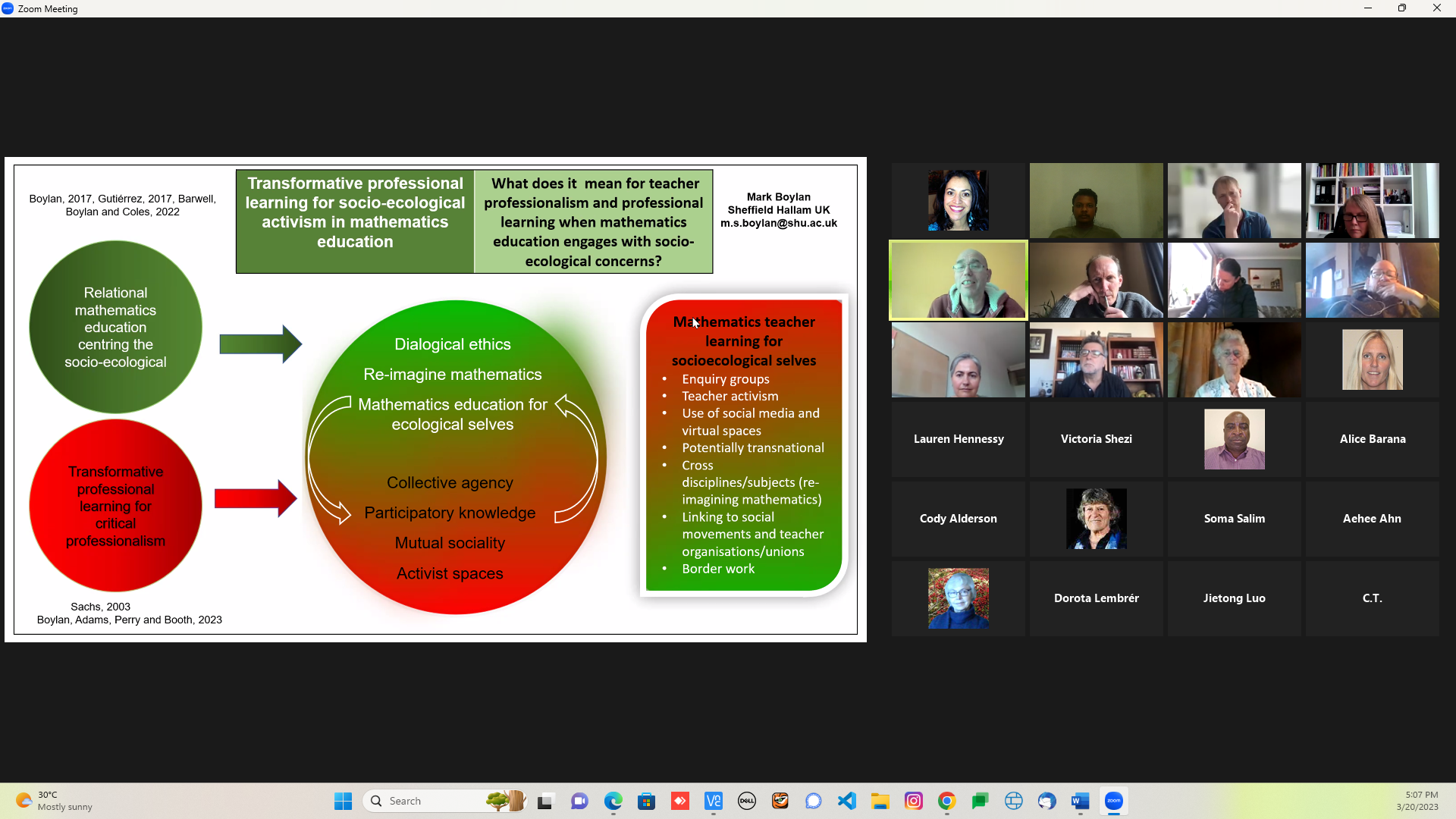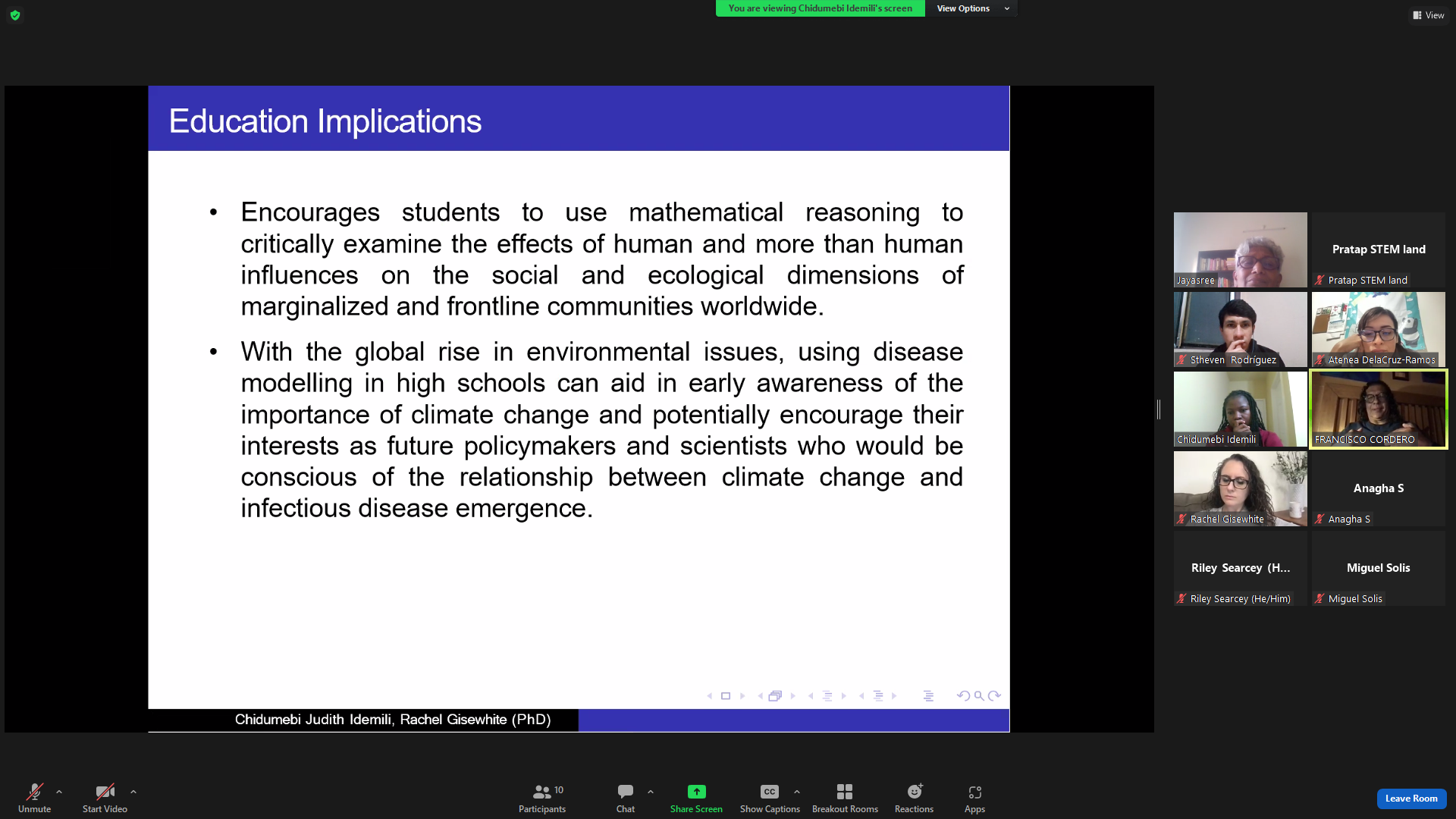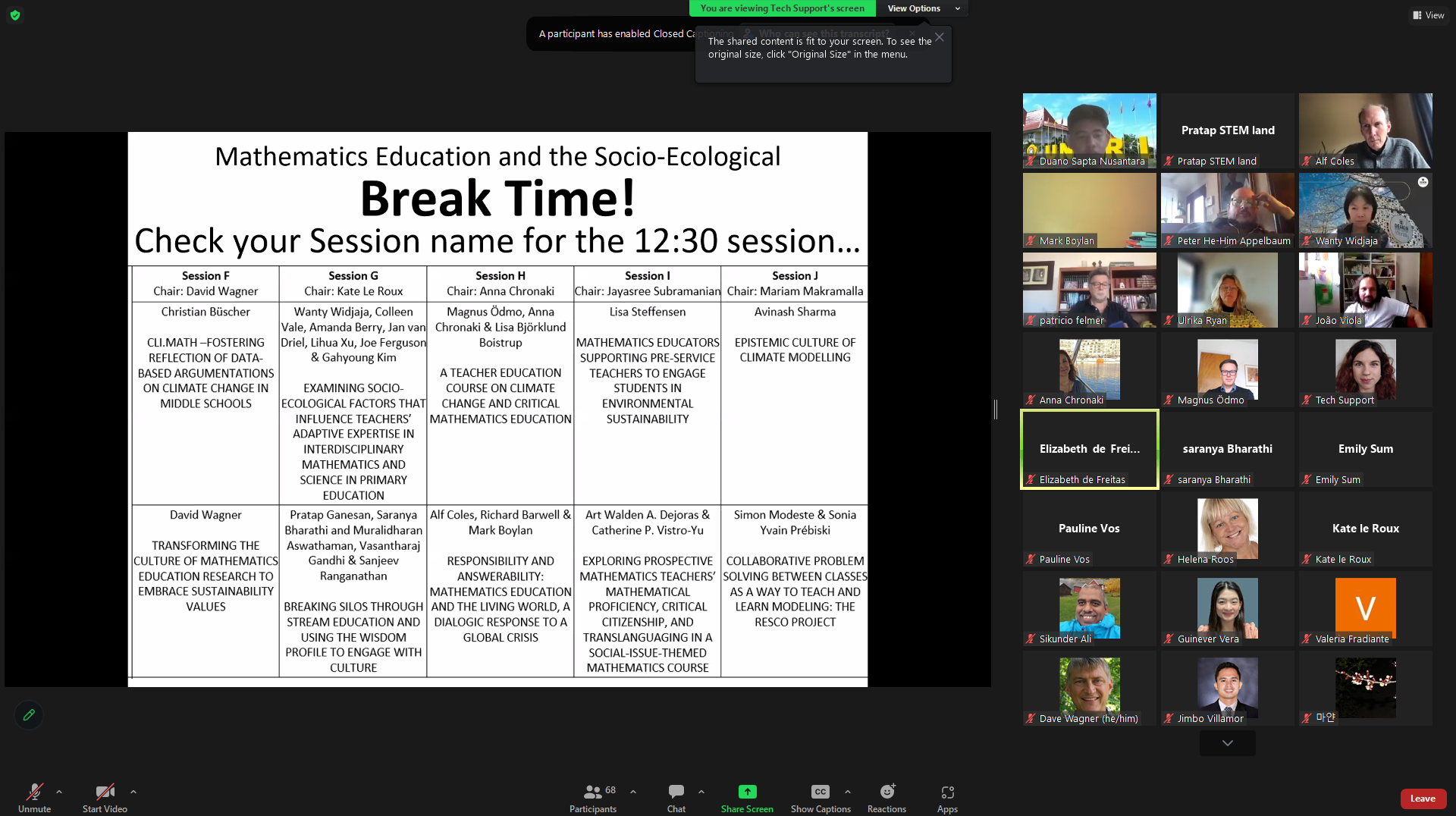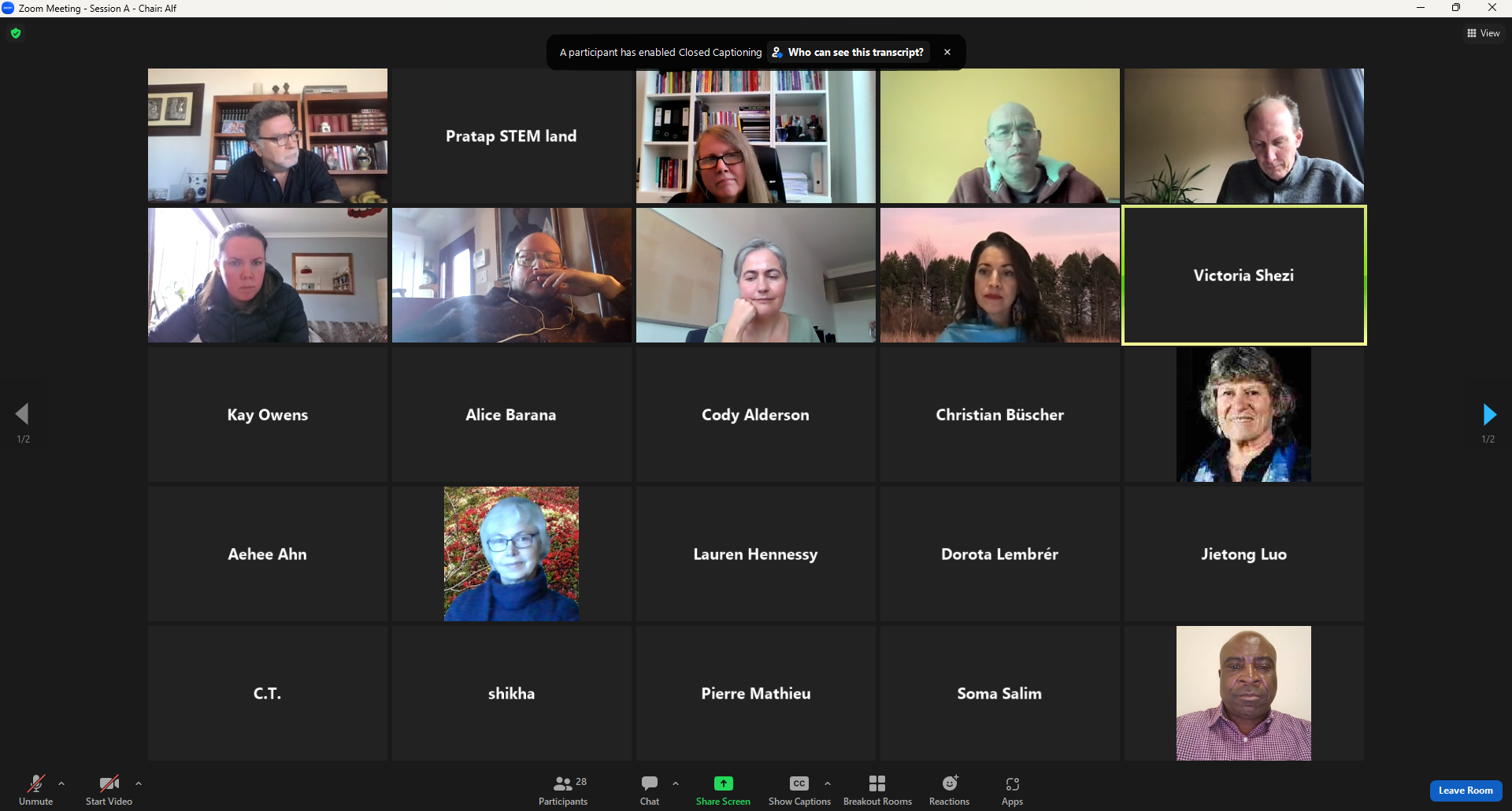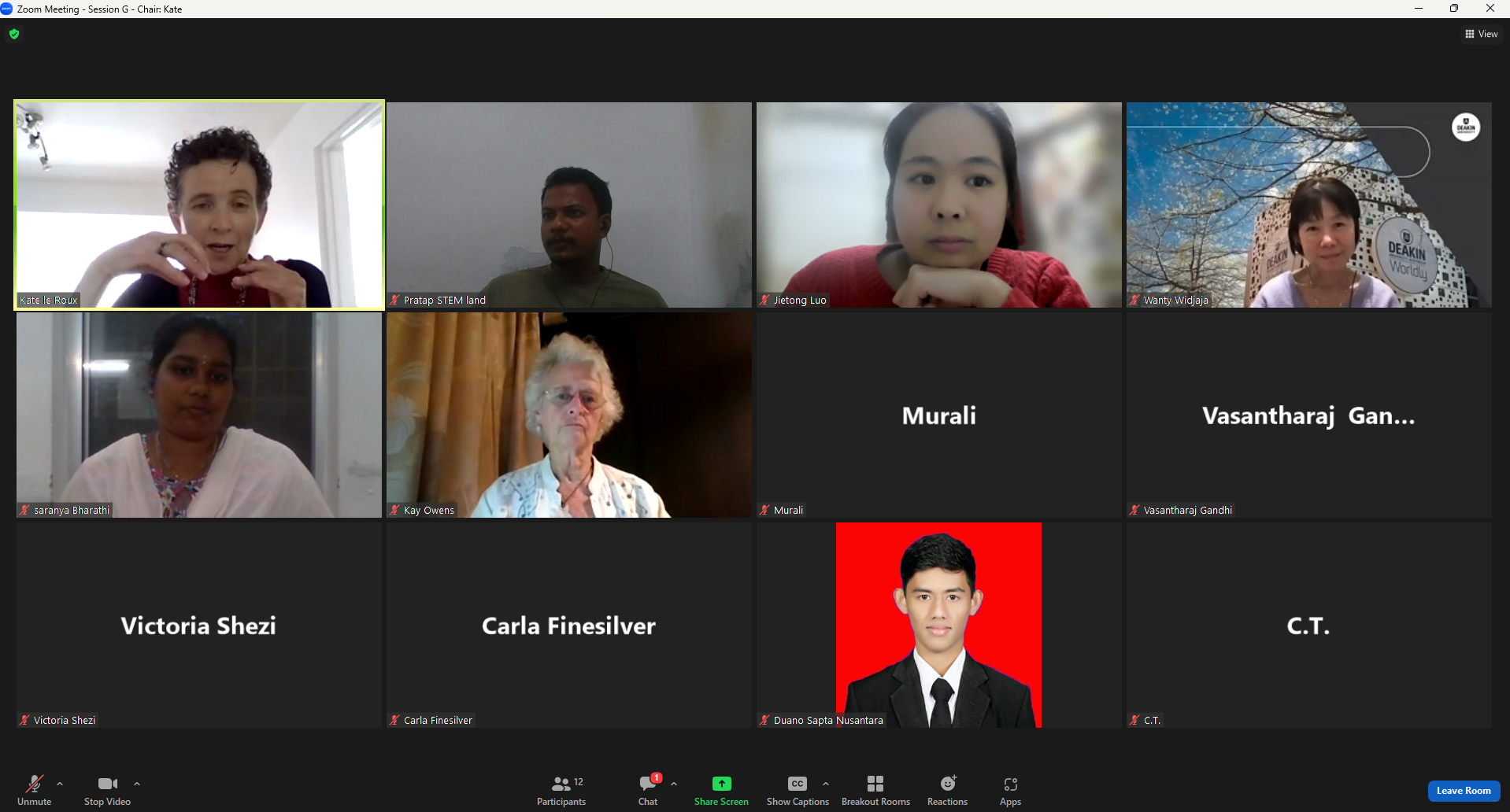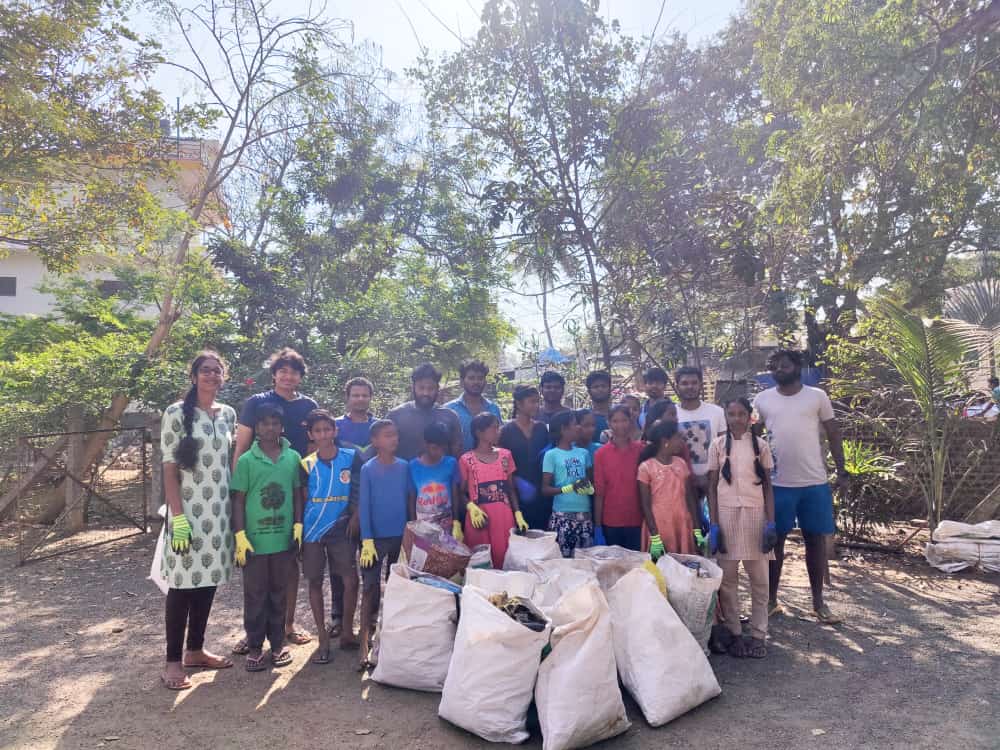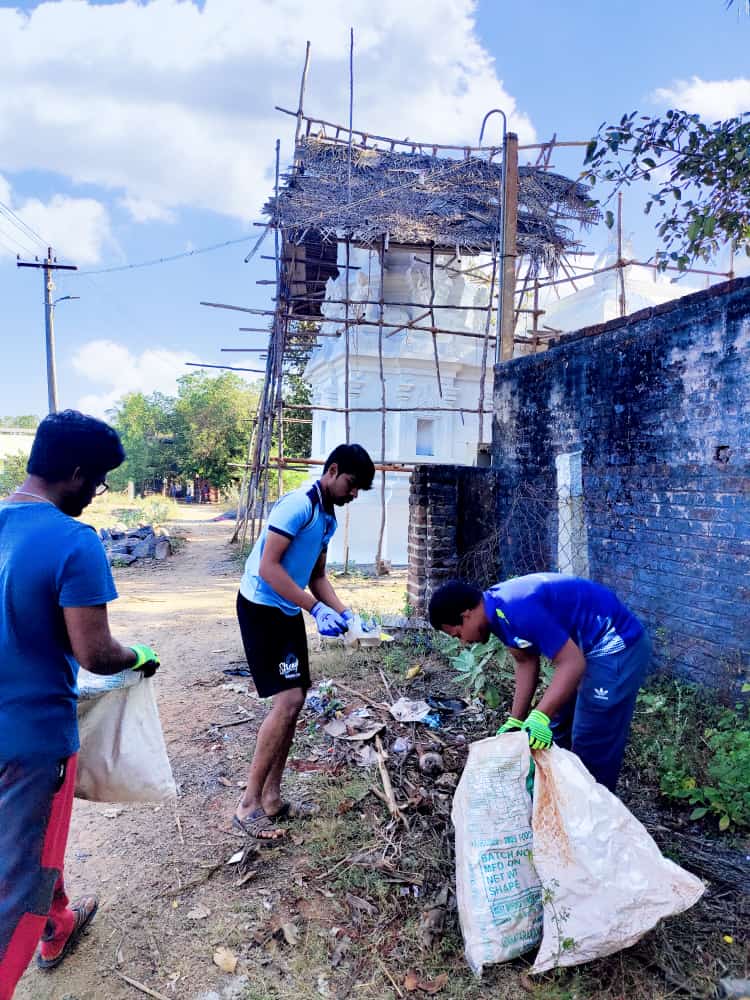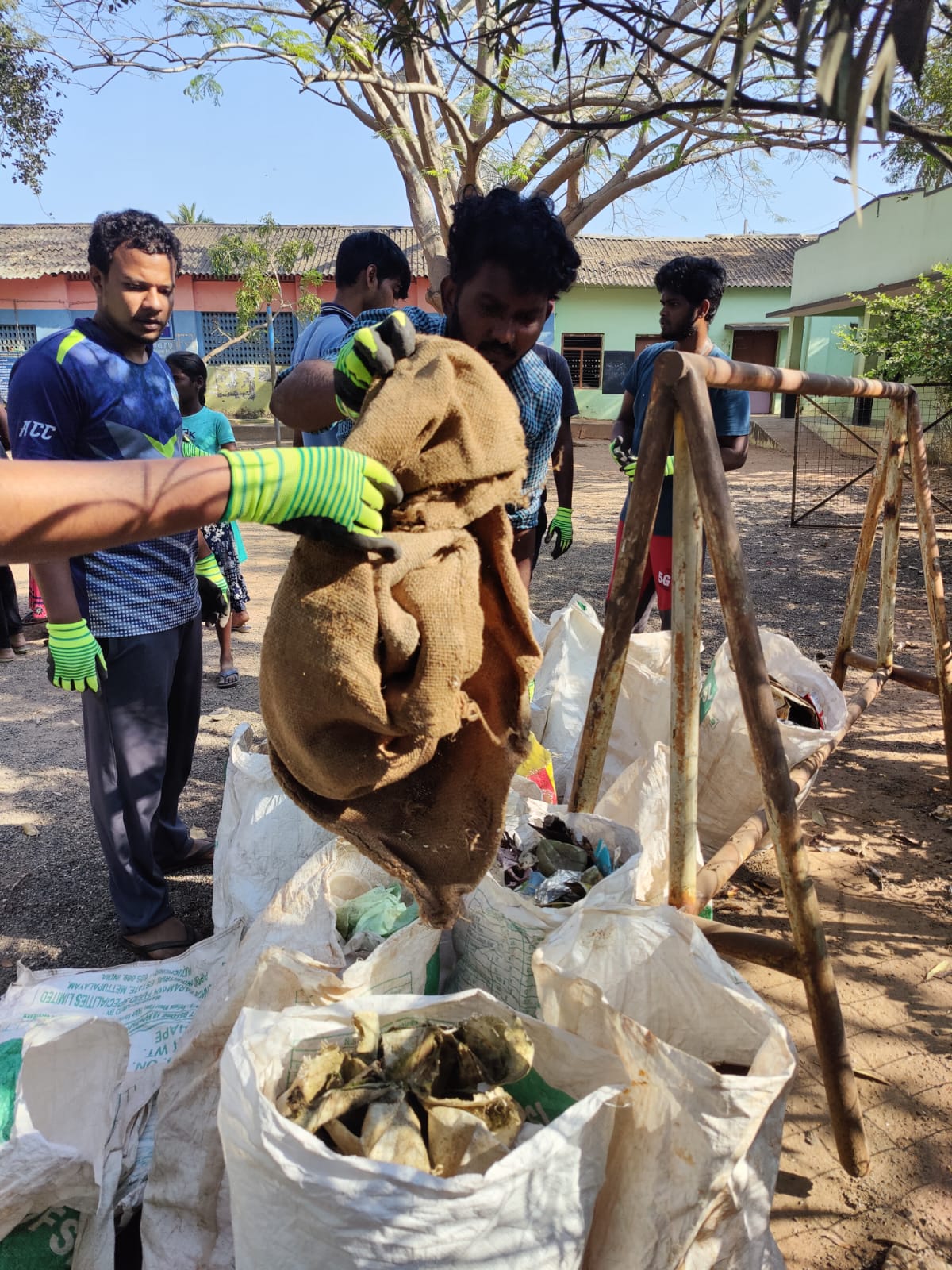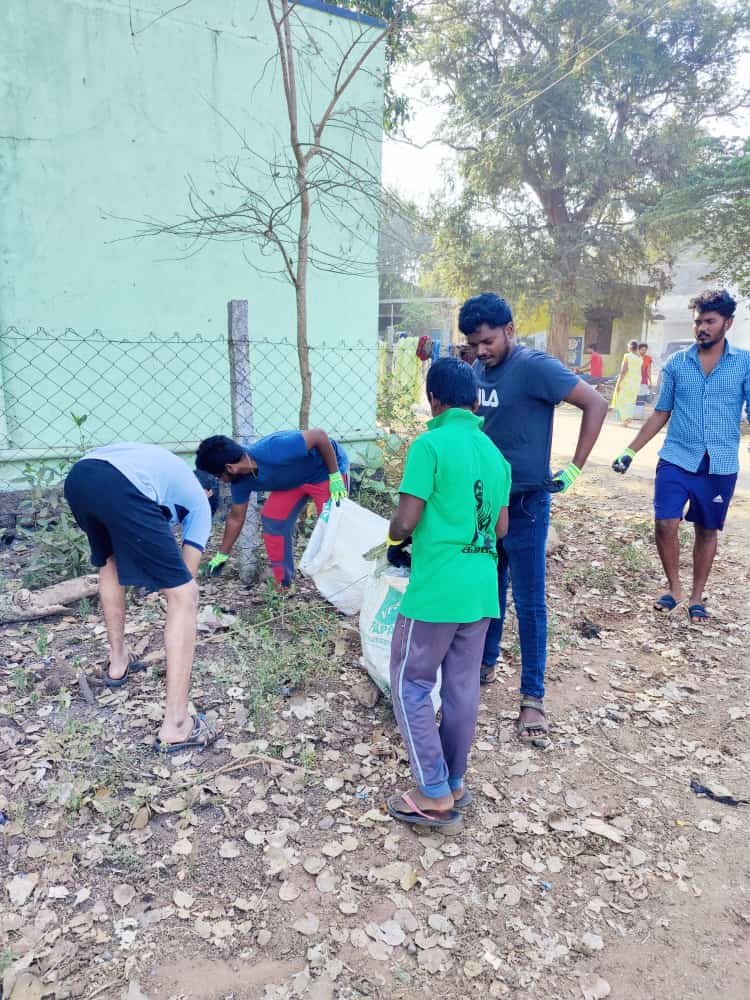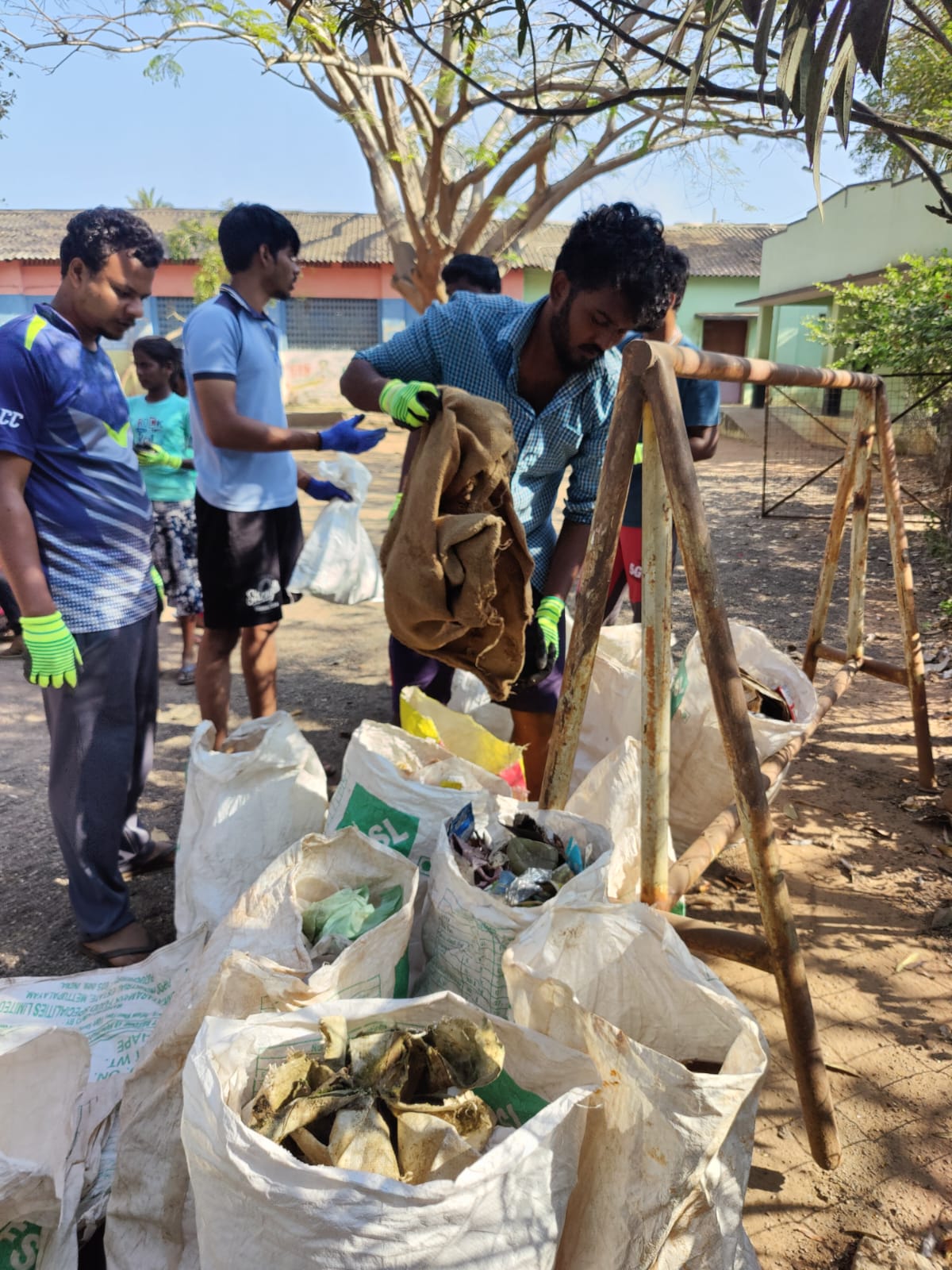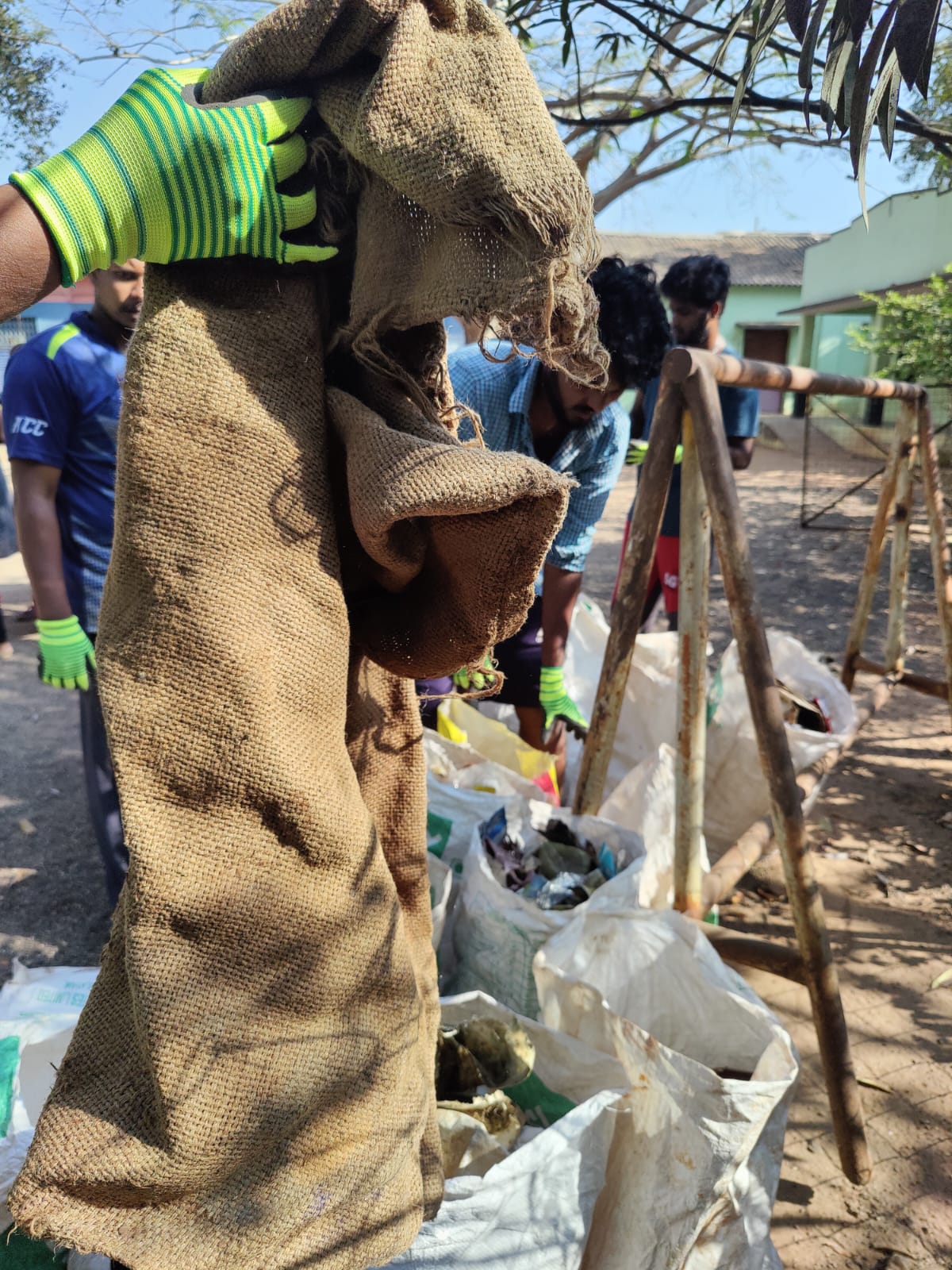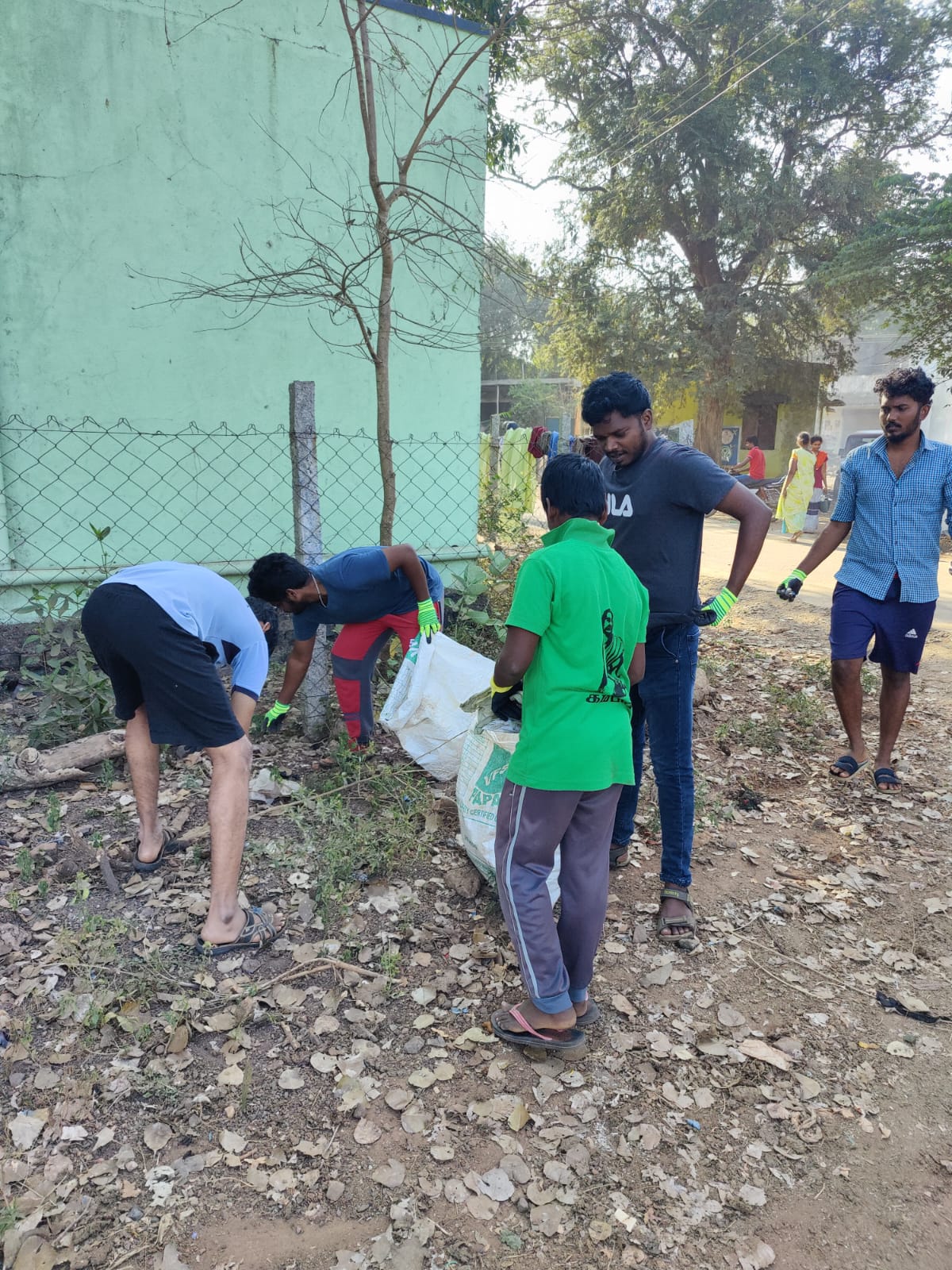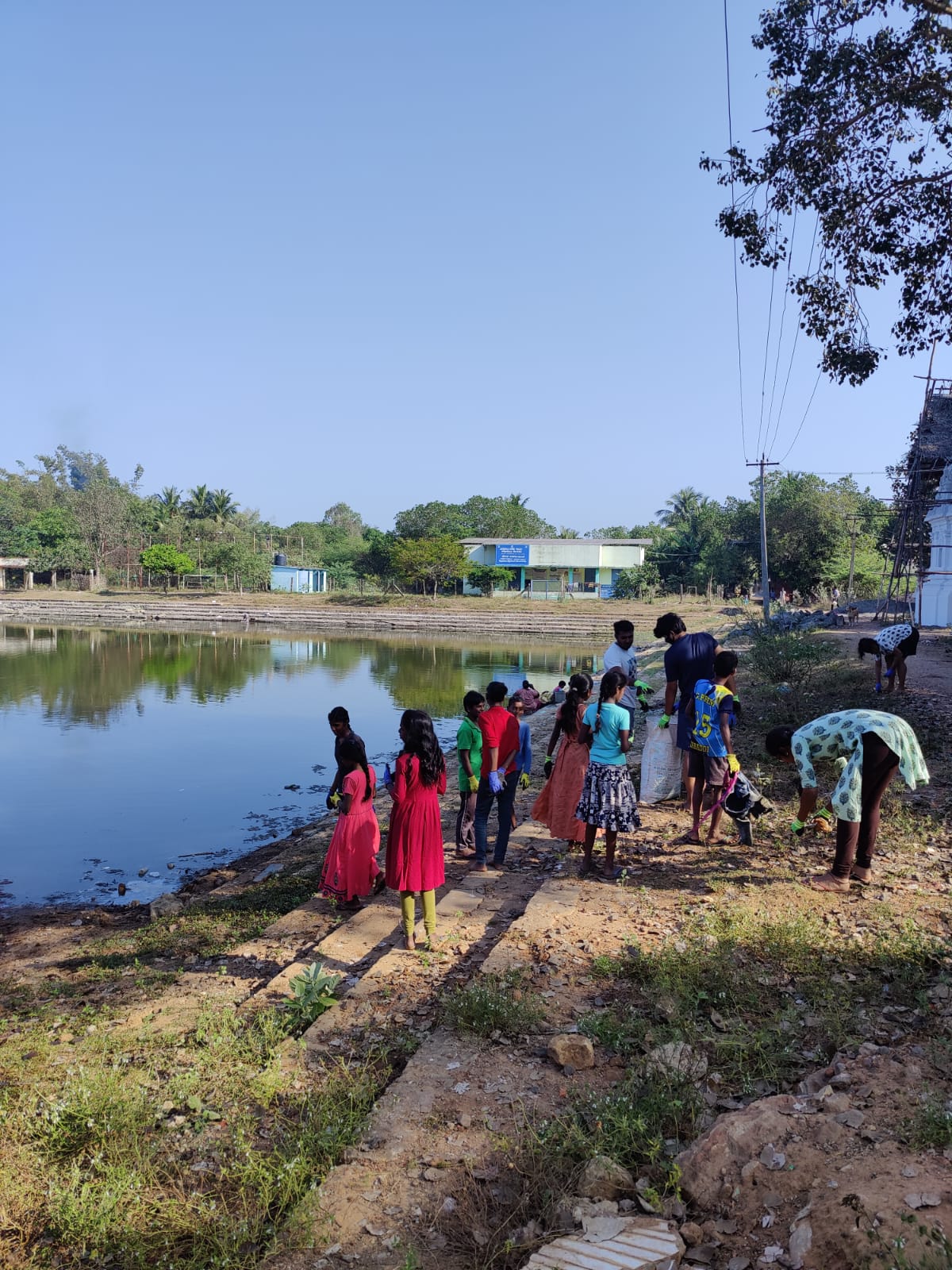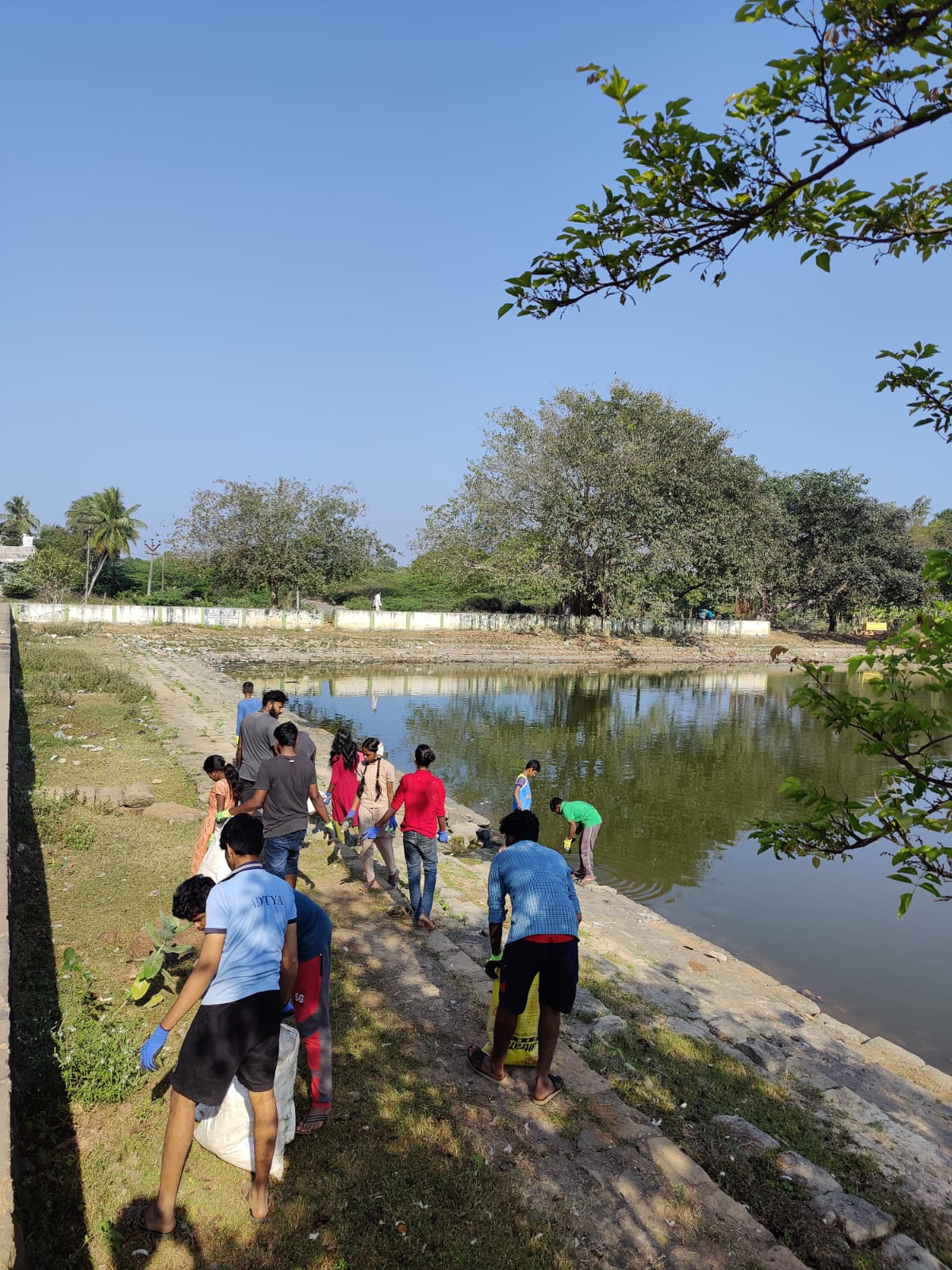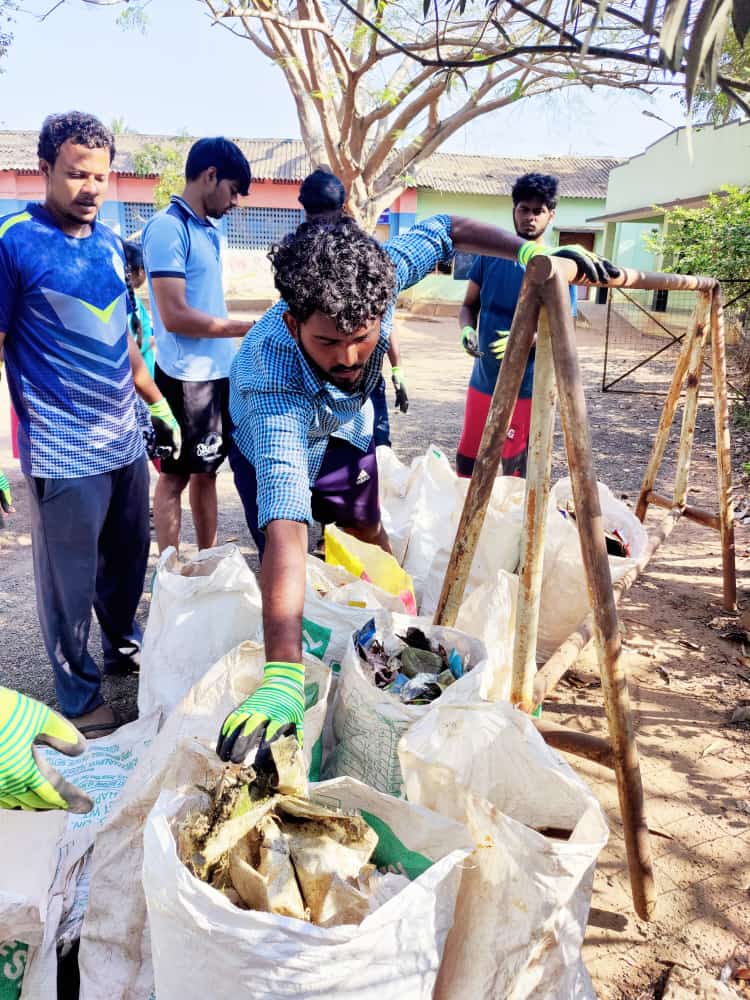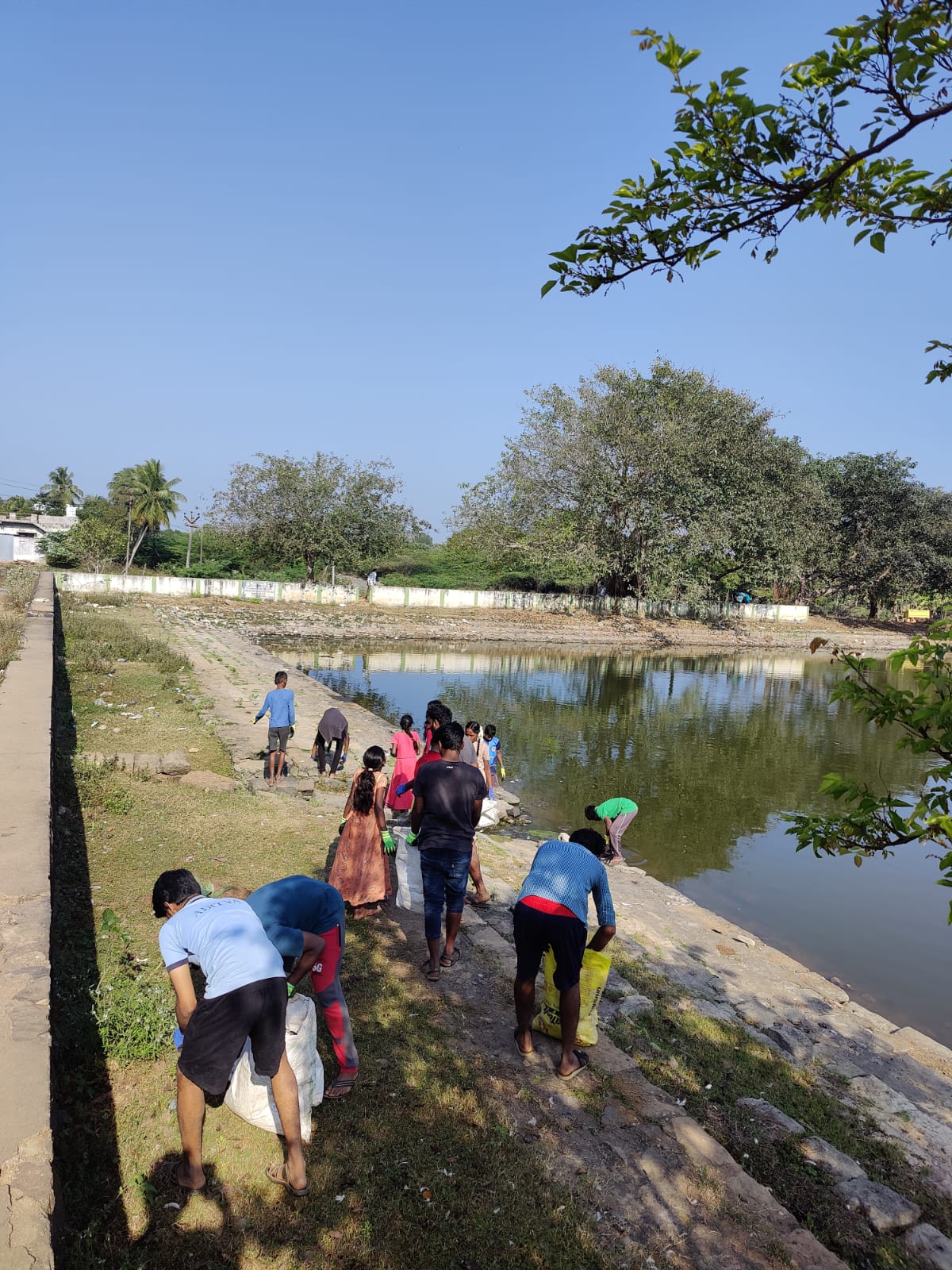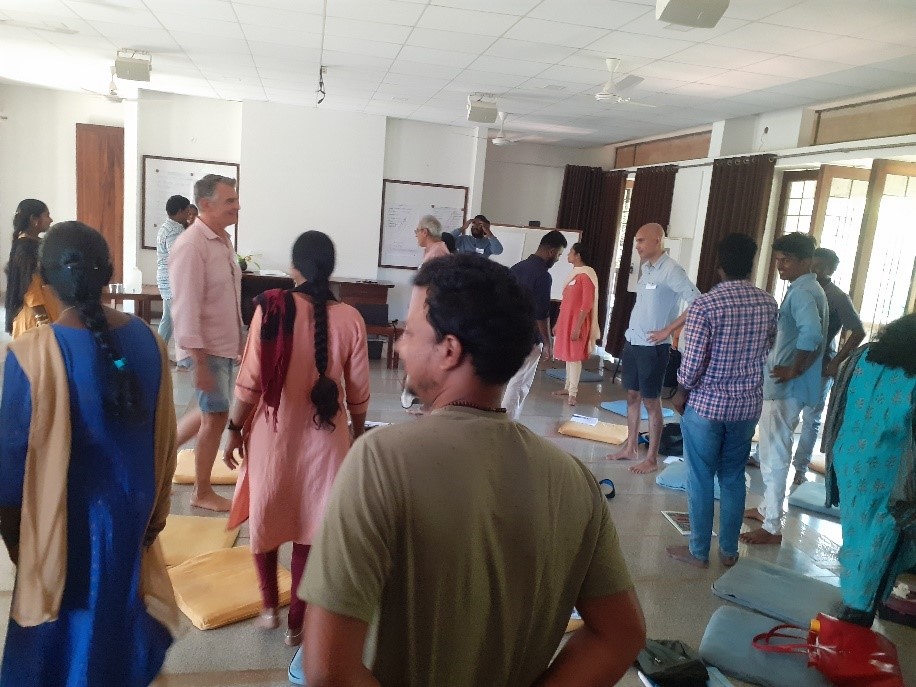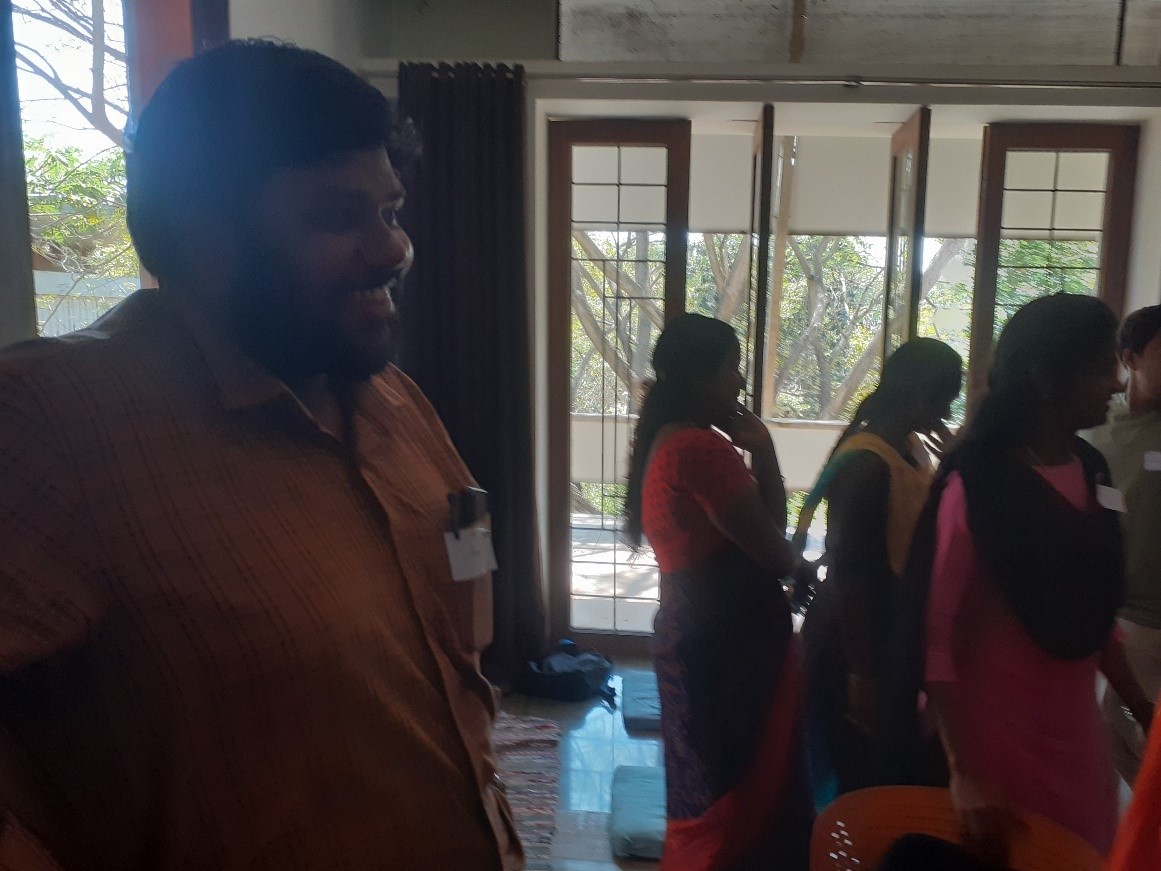The International Commission on Mathematical Instruction (ICMI) symposium is a major international conference that brings together mathematicians, mathematics educators, and researchers from around the world to discuss current issues and challenges in mathematics education. The symposium is held every four years and features a range of presentations, workshops, and discussions on topics such as mathematics curriculum development, teacher education, assessment, and the use of technology in mathematics teaching and learning. The ICMI symposium provides a forum for sharing ideas, research findings, and best practices in mathematics education, and plays an important role in shaping the future direction of mathematics education worldwide.

Pratap Ganesan, Saranya Bharathi, Muralidharan Aswathaman, and Vasantharaj Gandhi presented a poster presentation on how the Isai Ambalam School in India used cultural celebrations and festivals to promote universal values and environmental consciousness among its students. The research methodology employed the theoretical framework of interrupting disempowering ISMs (rigid and disempowering mindsets) and the wisdom profile that embodies universal values to address all ISMs simultaneously. The philosophy underlying the C3STREAM Land is based on the progressive and constructivist thinkers such as Bruner, Papert, and Sri Aurobindo, who emphasized self-knowledge and integral development. The interventions discussed in the poster include Aadi festival and garden, Maavoli, Christmas decoration and fair, and Pongal, which provided opportunities for students to learn about different topics, such as monsoons, environmentally conscious alternatives, and traditional games, and encouraged higher-order thinking skills. Overall, the poster emphasizes the importance of collective effort beyond silos of subject learning to promote universal values and create empowering narratives through festivals and celebrations.
One of the ways the teachers shifted the culture in their community was by addressing social issues that had previously been ignored. For example, they tackled the notion that only women should do kolam (a traditional Indian art form using rice flour), and encouraged the participation of men as well. This mixed-gender approach during the kolam event was a significant shift in the cultural norm.
As part of their project, the teachers organized a vegetable gardening competition to further encourage families to grow their own food. The winners of the competition were awarded a variety of vegetables, which could be used to make a nutritious dinner for their families. This initiative was highlighted in the symposium and received positive feedback from the audience.
During the symposium, participants were able to connect with the teachers and provide examples from their own experiences. This allowed for a meaningful exchange of ideas and strategies for addressing socio-ecological issues in different communities around the world.
Reflections from the authors
Attending the conference was a turning point for me as it boosted my confidence to speak about our work with children and helped me understand the significance of contributing to the world and the impact we create. I take pride in my personal growth as I was able to answer the audience’s questions without any assistance. The response was overwhelming, and I am grateful for the opportunity to connect with a diverse audience worldwide. Our approach to breaking down societal barriers and isms with children inspired many, and people expressed their interest in knowing more about our work. I am grateful for the support of Sanjeev Ranganathan, Saranya Bharathi, Muralidharan Aswathaman, and Vasantharaj Gandhi in making this happen. The team spirit and the commitment that you all contribute enriched our work with children and I will use it in my life.
I noticed that being part of this research paper and presenting it to a wider audience around the globe helped me realize the importance of the work we do here. Seeing people appreciate the paper this much indicates that we as a team are addressing the isms and doing things in an alternative method for the betterment of society.
I have learned that I presented well, but I still need more practice. I took extensive notes on Sri Aurobindo’s principles of true education, but only two minutes were allocated for me. As a result, I was only able to convey the essence of the Aadi Massam project and the garden. However, I noticed that I am able to summarize and convey my ideas effectively in a very short amount of time.
Overall, the teachers’ presentation at the international ICIM symposium was a success. They were able to share their innovative approach to shifting culture and addressing social issues, and their work was well received by the audience. The teachers’ dedication to their project and their willingness to try new approaches were admirable and inspiring, and they made a positive impact in their community.
